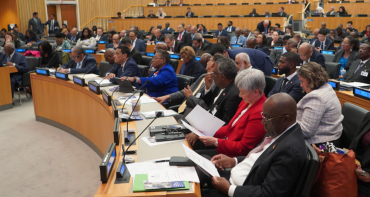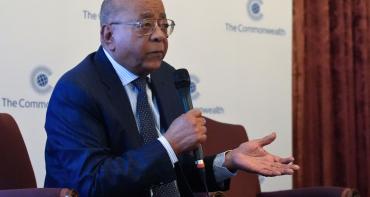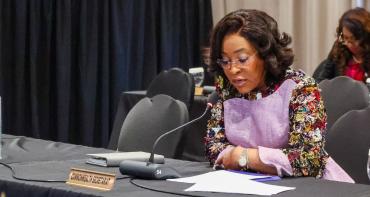This is why I was delighted that our message of peacebuilding, the Commonwealth theme for the year, resonated with all parties in Lesotho and with the ministers and officials I spoke to on my subsequent visit to Malawi.
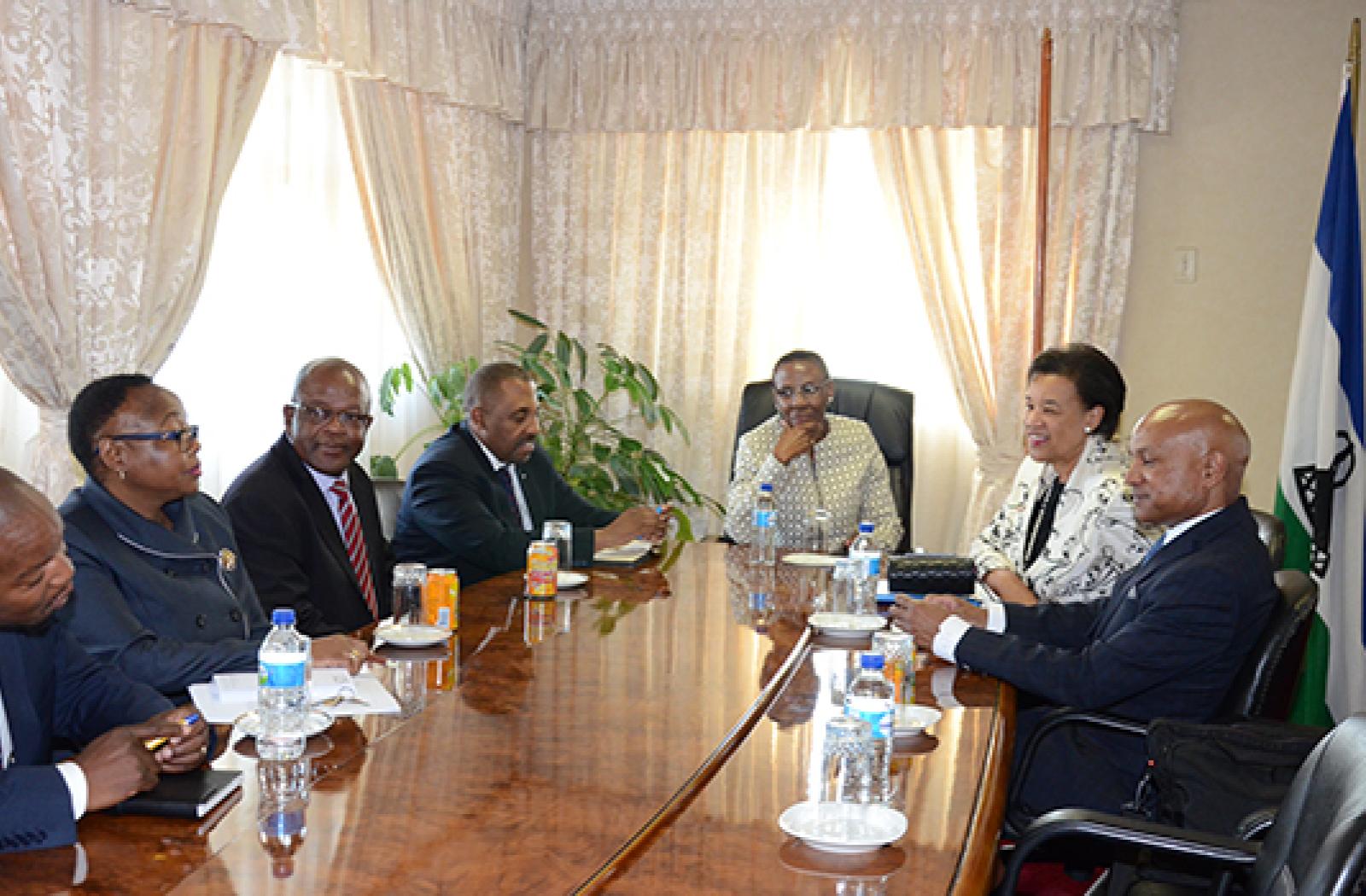
By Patricia Scotland, Secretary-General of the Commonwealth
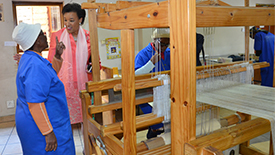
It also reminded me of the importance of the Commonwealth’s peace building work. In a matter of weeks, the country will go to the polls following a no-confidence vote in parliament and the collapse of its coalition government. For Esther, employment is a priority, and it is imperative that she and the rest of the electorate are given the opportunity to exercise their democratic right to choose their leaders in a credible election process.
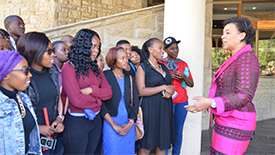
This is why I was delighted that our message of peacebuilding, the Commonwealth theme for the year, resonated with all parties in Lesotho and with the ministers and officials I spoke to on my subsequent visit to Malawi. During my mission to these two Southern African countries, I was able to have frank discussions with leaders, ministers, opposition parties, NGO representatives and members of the diplomatic community. It is clear that there is strong commitment to democracy and an acknowledgement that peace and prosperity go hand in hand.
Before I left Lesotho all parties had agreed to sign a pledge to promote a peaceful election and to accept the results, provided the process was deemed credible. During the four-day visit I was also able to witness commitments from parties that had not yet endorsed a landmark governance reform agenda, to put their signatures on the agreement. This means that all parties are now on board with the reforms that began with a report from a Commonwealth envoy, and mandates a transformation of Lesotho’s constitutional, security, judiciary, parliamentary and public sectors.
When I consider the magnitude of what was achieved in Lesotho in a few days, I see one of the greatest testimonies of the Commonwealth’s relevance and impact. These accomplishments are products of fifty-one years of collaboration with governments, with other international and regional organisations such as the United Nations Development Programme and the Southern African Development Community, and with civil society. They are the result of strong actions by leaders and support from the Commonwealth and others – including election observation missions, assistance with the development of parliamentary governance and the mobilisation of envoys and technical experts to strengthen democracy and improve electoral processes. They are also an expression of the values of the Commonwealth Charter which promote democracy, human rights, peace and security, tolerance and good governance.
In Malawi I saw the commendable efforts to tackle corruption and the strong stance on child, early and forced marriage - a harmful traditional practice that violates the rights of children, forcing them to forfeit their education and increasing their risk of exposure to domestic violence and life threatening diseases such as HIV/AIDS. The country has one of the highest rates of child marriage in the world with one in two girls married by 18. But working with the Commonwealth Secretariat, national human rights institutions, traditional leaders and male and female survivors, the government is making great progress on eradicating this scourge.
In 2016 the Secretariat helped to mobilise traditional leaders and structures to end child marriage in rural communities. We were also able to support the establishment of the Network Against Child Marriage in Malawi, which is led by survivors. This network has been working in schools, universities, churches and communities. With our technical support, they will launch a website and social media platforms in June this year to highlight success stories, demonstrate the impact of their work and share best practices.
Our advocacy on this issue builds on the achievements of pioneering leaders such as Chief Inkosi Kachindamoto, who annulled more than 850 child marriages, and follows the historic Kigali Declaration - a framework for action to prevent and eradicate child marriage - which was adopted by Commonwealth national human rights institutions in 2015.
Again it is a testimony of the unique way we work with countries, which goes beyond the typical development model and creates a special intimacy. This allows our members to be open with us and to share good practices. It also enables us to provide made-to-order support that fits perfectly. We do this so effectively because of our shared history, legal systems, cultural norms, and because we are a family.
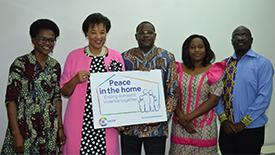
When I think about how to accomplish this, not just in Southern Africa but around the Commonwealth where we have regions, countries and people who are each unique and with different perspectives, I remember Esther and the women in the arts and craft shop. Particularly how they begin their work with many different colour threads, each one unique, and how they artfully weave them together to create an exceptionally beautiful tapestry time and again.

